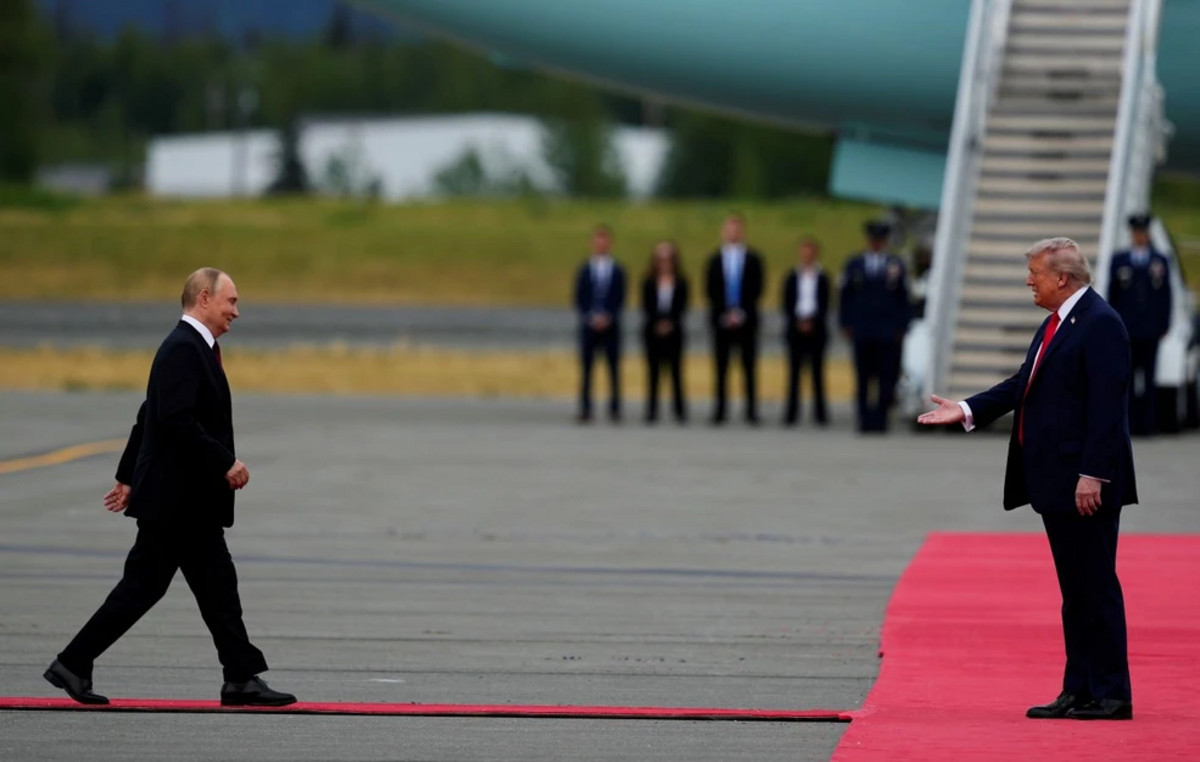On the eve of the second round of elections, marked by polarized clashes and animosity between candidates, the feeling among most people is one of exhaustion. As occurred in previous lawsuits, the current period revives fierce discussions on social networks and fights between family members. However, conflicts and mental exhaustion can be avoided, as experts explain.
Something important to consider is that a person’s political preference does not necessarily erase the qualities and points in common that he may have with you, as explained by professor at the University Center of the Federal District (UDF) Fernando Miranda, a master in psychology and behavior specialist.
“A classic assertion in conflict mediation is: How about we look for points where we are in tune and where we are similar, instead of just disagreeing on the point where we are different? Returning to a point of agreement is a first step towards getting out of a conflict”, says the psychologist.
Refraining from revealing your political preferences can also be a path for many people, explains the behavior expert.
“Maybe it’s hard for the toughest, most angry people to do that on social media. I especially recommend for these people to control the evil at the root, that is, disconnecting from social networks, since the anonymity of the networks makes it much more likely that people will aggressively manifest themselves to those who disagree, as has already been demonstrated in many studies”, says Miranda. .
If disconnecting from networks is not possible, due to work or other reasons, another option would be to view networks less during the week.
In the case of face-to-face personal relationships, the professor mentions that it is always good to emphasize the positive points of ending a stage of conflict, showing that everyone can move on with their lives and leave the fight definitively behind.
“The elections will soon come to an end, and although political division remains, politician A or B doesn’t care about your opinion, deep down, despite needing organized groups to survive politically. The person can also understand what things and relationships they may be losing and how little they are momentarily gaining,” he says.
Stress, anxiety and insomnia
Psychologist Maycon Rodrigo Torres, a member of the Laboratory of Psychoanalysis and Social Ties at the Universidade Federal Fluminense (UFF) and professor of psychology at Faculdade Maria Thereza (Famath), explains that concerns about elections can cause physical symptoms in people, mainly associated with anxiety.
According to the psychologist, anxiety is an emotional pattern with physiological and psychological changes, characterized by an excessive concern for the future.
“Elections are an important moment of a social factor of choice, the manifestation of anxiety can occur, especially with regard to headaches, tension in the muscles and back pain, in addition to tremors and a feeling of fainting. There may also be changes associated with the gastrointestinal tract, such as stomach pain, which are the most common,” he says.
A common manifestation reported by people experiencing some type of stress or anxiety is sleep disorder, especially insomnia.
“Signs of stress and anxiety tend to be the main symptom of insomnia or the feeling of not resting when sleeping, largely due to this excess of worry that can also generate excess thinking. This type of problem happens because elections, especially in this context of political polarization, are also part of a process of identity recognition”, explains Torres.
The specialist explains that when an individual adheres to a particular political group, regardless of the aspect, this identification becomes an element of coherence with one’s personality.
“The fear that the next government will not be consistent with some element of identification of your own personality, the fear of the government being branded as another, another ideology, another political position, this can also provoke this feeling of anxiety. There is concern that the person does not recognize himself with the ruler, how to come to understand that the ruler is radically opposed to the personal and ethical and broader values that the person has,” she says.
anger control
Psychologist Fernando Miranda recommends four steps used in cognitive-behavioral psychotherapy to control anger, a feeling that is sometimes linked to the common provocations of this pre-election period.
- Identify beforehand what usually annoys you in the speech or political preference of the other;
- Identification of a safety plan on what to do when you are overwhelmed by this feeling (leave the environment, go for a drink of water, return to what you were doing before, etc.);
- Establishing in advance that you will not do things that you may later regret will only serve to make you more frustrated and angry;
- Change the perception that often the mind, beliefs and values of the other are not moldable and that I myself may not be totally right in my choices. So developing tolerance and calm with my own emotions is perhaps the best choice.
“Personal Bubble”
A classic phenomenon studied by Cognitive Psychology for years is the “confirmation bias” and happens when a person seeks and uses only information and evidence that support their own existing ideas or beliefs.
“People tend to consume content that reinforces their personal preferences. So, everything that pierces one’s own belief, the person tends to avoid. The best position in this regard should be exposure to differing opinions. It would be interesting if the person leaned over, managed to hear and tried to understand the logic behind the other’s thinking”, says Torres.
This also means that information that does not support their ideas or beliefs is disregarded, according to Fernando Miranda.
“The big issue that amplifies this phenomenon these days is that social networks, with their algorithms that point out trends only according to profile choices and likes already made, tend to increasingly reinforce these existing beliefs, showing only what the person wants to see”, he explains.
“It means that it is more difficult, in times of social media, to get out of your personal bubble”, he adds.
How to resolve conflicts?
In many family conflicts it is quite common for the parties to come to see themselves as great enemies. Miranda emphasizes the importance of recognizing that hurtful words may have been said, in addition to mutual acknowledgment of hurt feelings.
“For some people, it may be important to have an exempt mediator to help restore the relationship, and to help those people remember that they already got along at some point in ways other than political choice, and that there are points of affinity where are similar”, he says.
For some unwilling, deep down, to forgive the other, it may be important to seek psychotherapeutic help, comments Fernando Miranda, so that this person can question their self-imposed truths, work on forgiveness, and better define points of agreement and affinity with the another person.
Psychologist Maycon Rodrigo Torres says that rebuilding broken ties during the electoral process can be a challenge for society and for mental health professionals themselves.
“One of the ways is to try to promote discussion on topics without bringing the political concept into play. Trying to discuss themes through the arguments of the subject itself, regardless of political flags, could be a way of construction. Another way can be to try to rescue positive experiences, the big question is the feeling of belonging. The ideal is that people can promote meetings in which everyone feels belonging to a certain environment, regardless of political ideology”, he concludes.
Source: CNN Brasil
I am an experienced journalist and writer with a career in the news industry. My focus is on covering Top News stories for World Stock Market, where I provide comprehensive analysis and commentary on markets around the world. I have expertise in writing both long-form articles and shorter pieces that deliver timely, relevant updates to readers.







